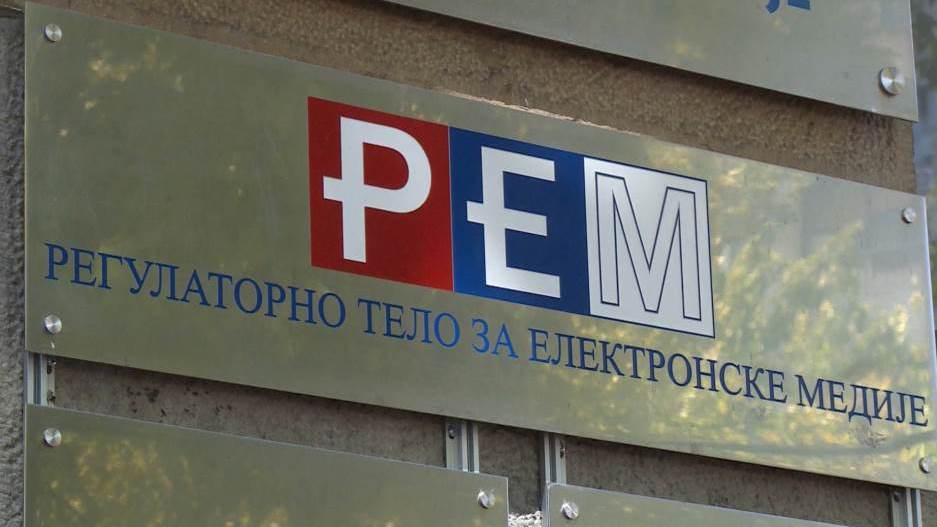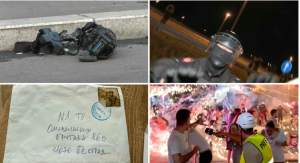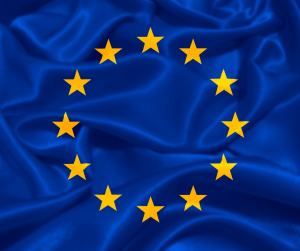Maja Stojanovic, Director of Civic Initiatives, said on Friday that the new process for selecting members of the Regulatory Authority for Electronic Media (REM) Council is more problematic than the previous one, adding that some nominated candidates lack any work experience in electronic media and have highly questionable backgrounds.
Addressing a Civic Initiatives press conference at which findings from an analysis of the REM Council selection process were presented, Stojanovic pointed out that while the new process involves more nominators and candidates across all fields, it is problematic because many organizations close to the government, which do not meet the necessary criteria, are involved in the nominations.
Stojanovic highlighted the biggest concerns in the area of child protection, where the highest number of illegitimate candidates have been put forward. These candidates could disrupt the selection process and undermine its integrity, both in that specific field and overall.
On a positive note, she said that there are qualified candidates in eight fields, meaning the Parliament has the opportunity to select an independent REM Council.
“What we are seeing is that illegitimate candidates have the most nominators,” Stojanovic remarked.
She warned that if the process moves forward with such a problematic mix of nominators and candidates, the result will be a REM Council that fails to meet even the minimum standards for effective operation.
Uros Jovanovic, the author of the analysis, criticized Parliament speaker Ana Brnabic for providing false information about Civic Initiatives and candidate Antonela Riha at a press conference.
Jovanovic said he believes Brnabic’s direct interference in the process is aimed at exerting political pressure on the Parliament’s Culture and Information Committee.
He also pointed out that some candidates lack publicly available biographies, making it impossible to verify their societal contributions or experience in electronic media, and that some nominating organizations have not published financial reports for the previous year.
Jovanovic argued that this lack of transparency undermines confidence in these organizations’ commitment to freedom of expression.
Source: N1




